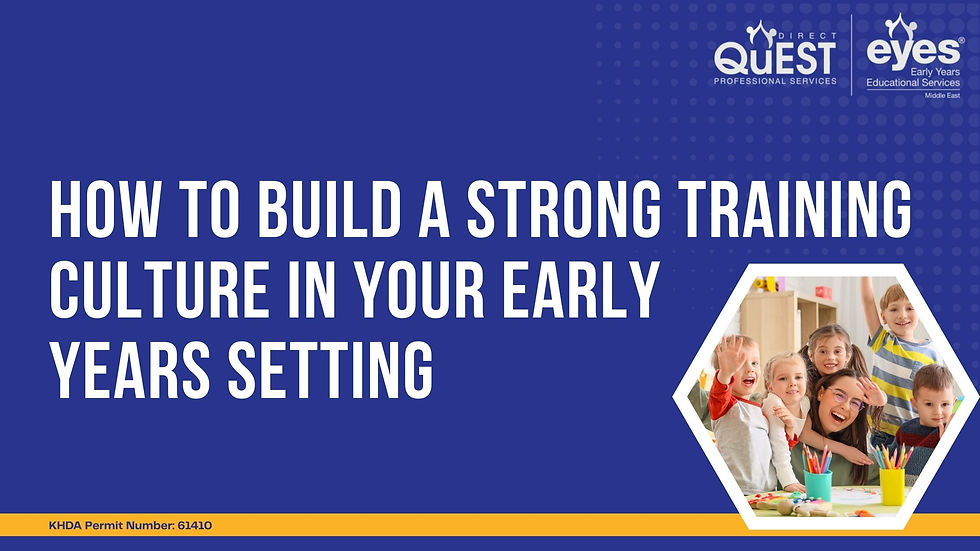Emergent Memory
- Dec 22, 2021
- 2 min read

We know that babies start to develop memories even before they are born as they clearly recognize and can be soothed by their mother’s voice immediately after birth.
It was thought that babies had very little memory capacity in their first few months, however a seminal experiment by psychology professor Carolyn Rovee-Collier in the early 1980’s showed that babies as young as 2 months old were able to form and retain memories.
Her experiment involved babies having a ribbon attached from their ankle to a musical mobile above their cot. Kicking their legs made the mobile work. She discovered that babies remembered how to make the mobile work; at 2 months they remembered for 1-2 days, at 6 months for about 2 weeks and at 9 months for 6 weeks.
Coila (2017) studied another form of emergent memory that can be seen when we show a baby what to do with a toy and they are able to repeat this action later – sometimes with a gap of several weeks. Coila calls this Deferred Imitation
Object permanence, when a baby realizes that an object or person still exists even when it cannot be seen, begins to develop between 4 – 7 months. Before this develops if you hide a toy under a cloth the baby does not look for it - it is just gone! This is another example of emergent memory.
Memory is a complex function which involves consolidating that memory for storage in the cerebral cortex where it can be retrieved. The more meaningful memories that a child has in their ‘memory bank’ the more ‘anchor points’ they have for bringing meaning to new information.

Repetition and routines help children to form ‘scripts’ (Goswami 2015) around repeated events in everyday life. These are the way in which we organize our experiences of the world into a predictable framework which then means we have a better memory for things that are unusual, new and unfamiliar.
Reminiscing with children about familiar events helps develop children’s memory scripts, which in turn support a child’s sense of self.



